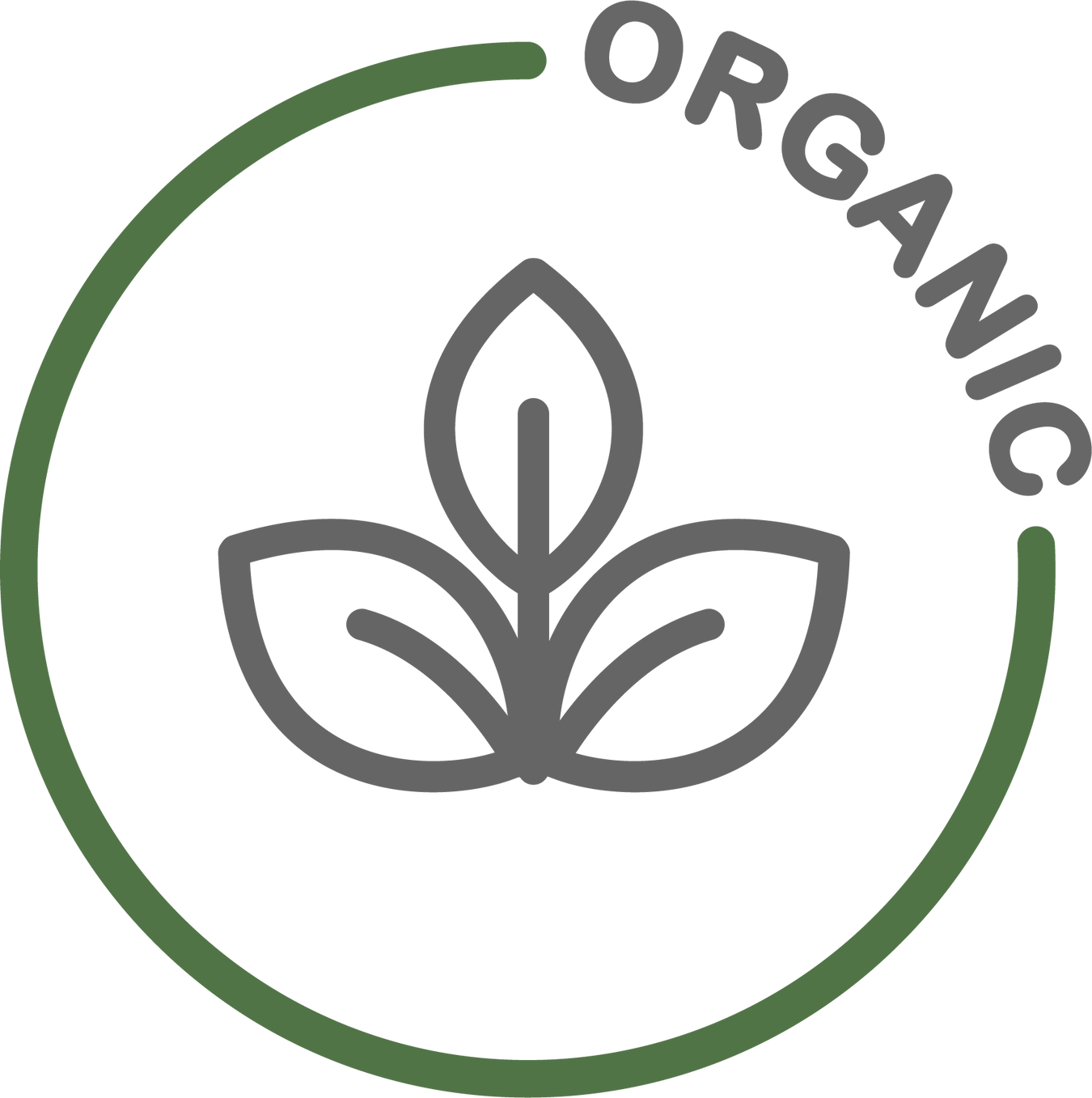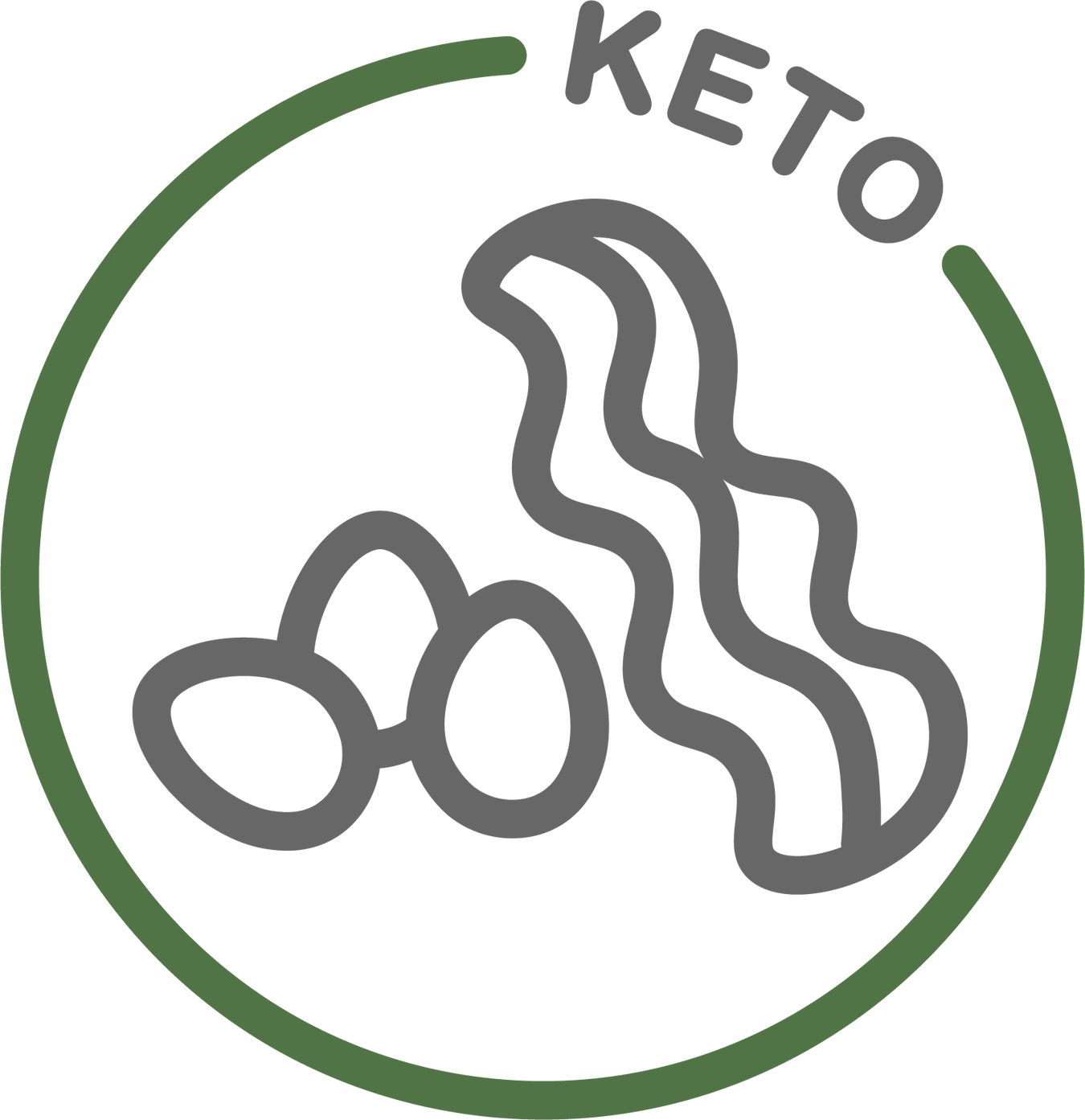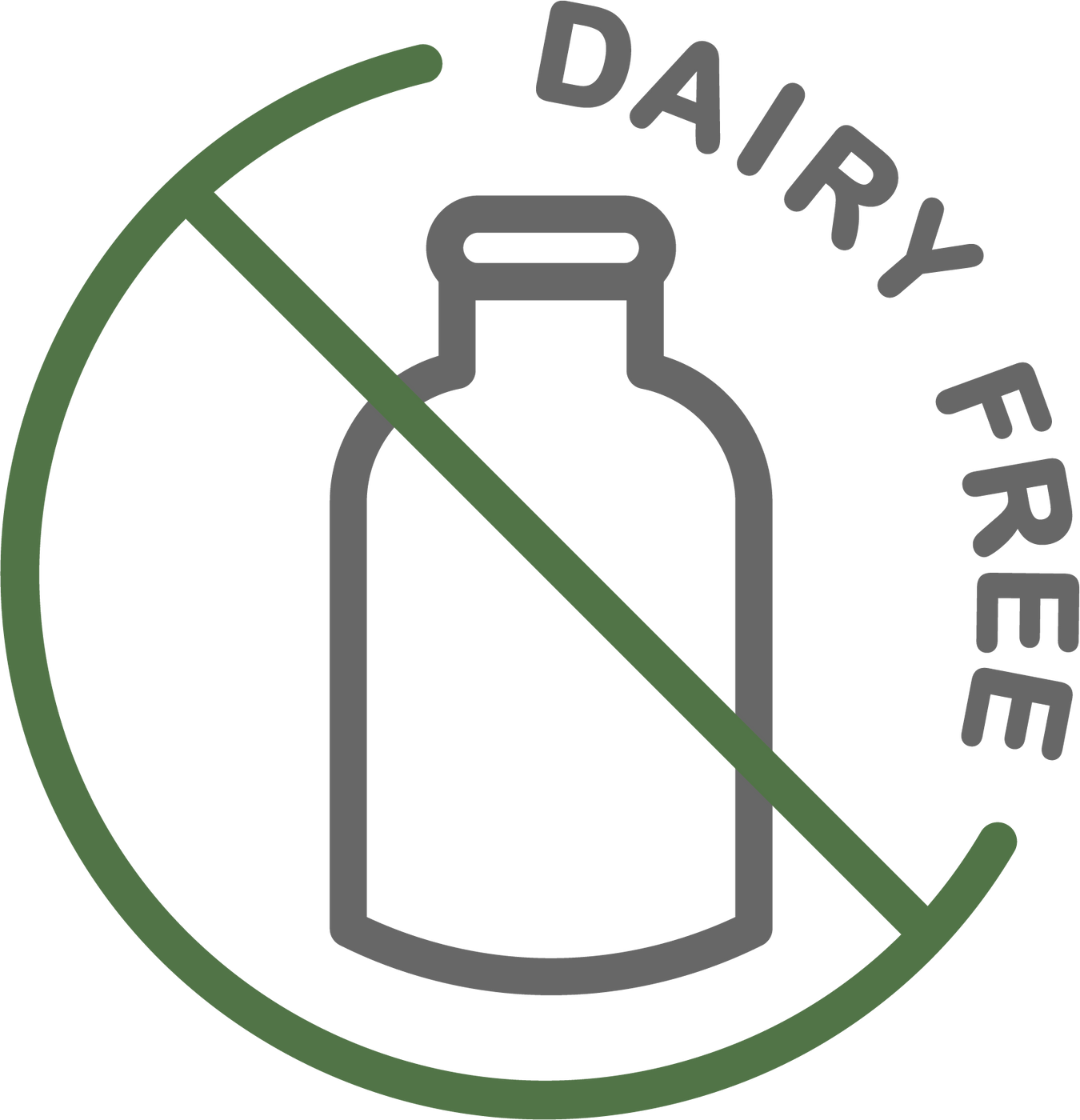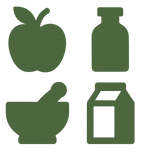For eye care
- Antioxidant eye health support
- Naturally derived from marigold flowers
- Antioxidant carotenoid for the eyes and more
For eye care.
Reduces the risk of age-related macular degeneration.
An important carotenoid that helps protect the eyes from deterioration due to aging, sun damage and eye strain.
Lutein is a key nutrient that helps prevent and treat impaired vision including protecting against the development of cataracts and macular degeneration. Lutein helps prevent oxidative damage to the retina area responsible for fine vision and protects the eyes from phototoxic damage caused by indoor lighting and sunlight. Although some lutein can be found in dietary sources such as vibrantly coloured and dark, leafy green vegetables, it is unlikely that sufficient lutein can be obtained from food to address advanced eye health problems. Lutein in supplement form is the best way to achieve the recommended amount for preventing and treating eye conditions.
Macular Degeneration & Cataracts – Keep Your Eyes on Lutein
Imagine placing your fist about 1.5 inches away from your eye – this is what things would look like, but worse, if you had Age Related Macular Degeneration or AMD. Or imagine looking at the world through a cloudy lens that would yield a constant blurred image. This would be life through eyes that have developed cataracts.
AMD is a degenerative condition of the macula, part of the retina responsible for the sharp, central vision needed to read or drive. Because AMD affects the macula, central vision loss may occur. Causes of AMD vary, however, established grounds range from the amount of sunlight to which an individual is exposed during their lifetime, family history, a diet high in trans-fat, certain prescription drugs, and high levels of free radicals. AMD usually produces a slow, or rarely, sudden painless loss of vision. Early signs of vision loss associated with AMD can include seeing shadowy areas in your central vision or experiencing unusually fuzzy or distorted vision.
A cataract is a clouding of the eye’s natural lens, which lies behind the iris and the pupil. The lens works much like a camera lens, focusing light onto the retina at the back of the eye. The lens also adjusts the eye’s focus, letting us see things clearly both up close and far away.
Do you have macular degeneration or cataracts?
It is important to check with your doctor or ophthalmologist to determine if you have signs of these diseases, however, for AMD – a simple ‘home’ test can get you started. Viewing a chart of black lines arranged in a graph pattern (Amsler grid) is one way to tell if you are having these vision problems. If you search the internet for this grid, you can take the test right away.
Natural Therapies
Of all the carotenoids, only lutein and zeaxanthin are found in the tissue of the eye. They are deposited in the macular region of the retina at high concentrations, and are found in virtually all of the eye tissues. Lutein can be converted to zeaxanthin in the retina, but our bodies can’t make lutein – it has to come from our diets or through supplements. This is why we hear more about the importance of lutein.
One key study from the Eye Disease Case Control indicated that the group whose lutein consumption was highest had a 57% lower risk of advanced macular degeneration. Another study looked specifically at the dosage requirements necessary for beneficial effect: it was found that 30 mg of lutein per day for 4 months actually showed a reversal of macular degeneration by 38%.
Other beneficial nutrients for eye health including macular degeneration and cataracts are the other carotenoid members such as beta carotene, anthocyanosides (found in bilberry) multianthocyanidins (found in blueberries, cranberries and grapes), and bioflavonoids (found in quercetin). When combined, these nutrients have been shown to be effective for poor night vision, general myopic disease and even tired eye syndrome from overuse of computers.














